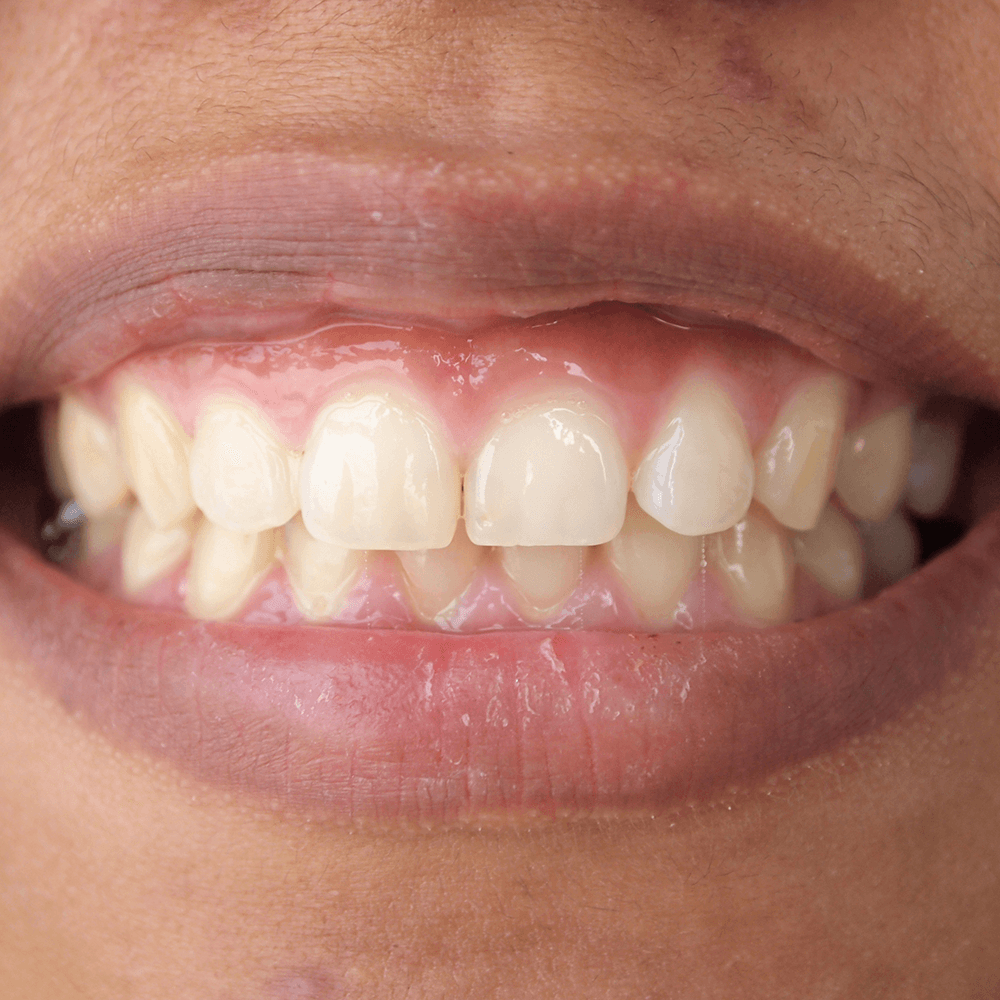How do I know if I have gum disease?
04 February 2016

The biggest worry for most people when it comes to general oral hygiene is that their teeth are healthy enough to flash a confident smile.
Gums are often overlooked as being one of the most important parts of our mouth to take care of. Yet without regular gum maintenance, we can forget those strong pearly whites.
What is gum disease?
Gum disease is the body’s natural response to the presence of harmful bacteria. Known as an inflammatory disease, it usually progresses quite slowly and is mostly evident in adulthood. It can be brought on by a variety of factors such as genetic susceptibility, smoking, age, diet and medication.
What should my gums look like?
The colour of your gums can vary depending on complexion. However, the most common indication of a healthy colour is pale pink. Gums should fit tight and snug around each tooth with small indents over each one.
What are the warning signs?
The earliest stage of gum disease is called gingivitis. Symptoms include:
- Darker red, tender and swollen gums
- Bleeding when brushing or flossing
More developed stages are officially referred to as periodontal disease. This can happen if gingivitis goes untreated. Symptoms include:
- Bad breath
- Gums pulling away from the teeth
- Pus between teeth and gums
- Pain when chewing
- An unpleasant taste in your mouth
So, how do I prevent gum disease?
You’ve probably been told it your whole life but that’s because it’s important: flossing.
Only 21% of UK adults floss regularly and a study by the NHS found only 17% of adults showed no signs of gum disease. In addition to brushing twice daily, flossing removes plaque and helps stop infection.
Make sure you book in for a check up every 6 months and consider a professional clean once or twice a year.
Smoking increases your chances of gum disease as much as 50%, so beginning to take steps towards quitting would also be extremely beneficial.
What if I think I already have gum disease?
If you think you have severe gum disease, you need to visit your dentist as soon as possible to discuss which route to take. This can sometimes include surgery or tooth removal.
But try not to panic, in most cases a revamp of your daily routine (and ensuring you stick to it) will usually suffice. As well as being a regular face at your dentists of course.
Ask your dentist about recommended mouthwash, as this can vary for different cases.
When it comes to the skin over your bones, you most likely have a daily routine to keep it looking fresh and healthy. Try to remember your gums are protectors too and should be treated with just as much importance!
If you are a patient of Redmires and are worried about gum disease, or would like to book an appointment, please feel free to give us a call and we’d be happy to help – click here for more information.
